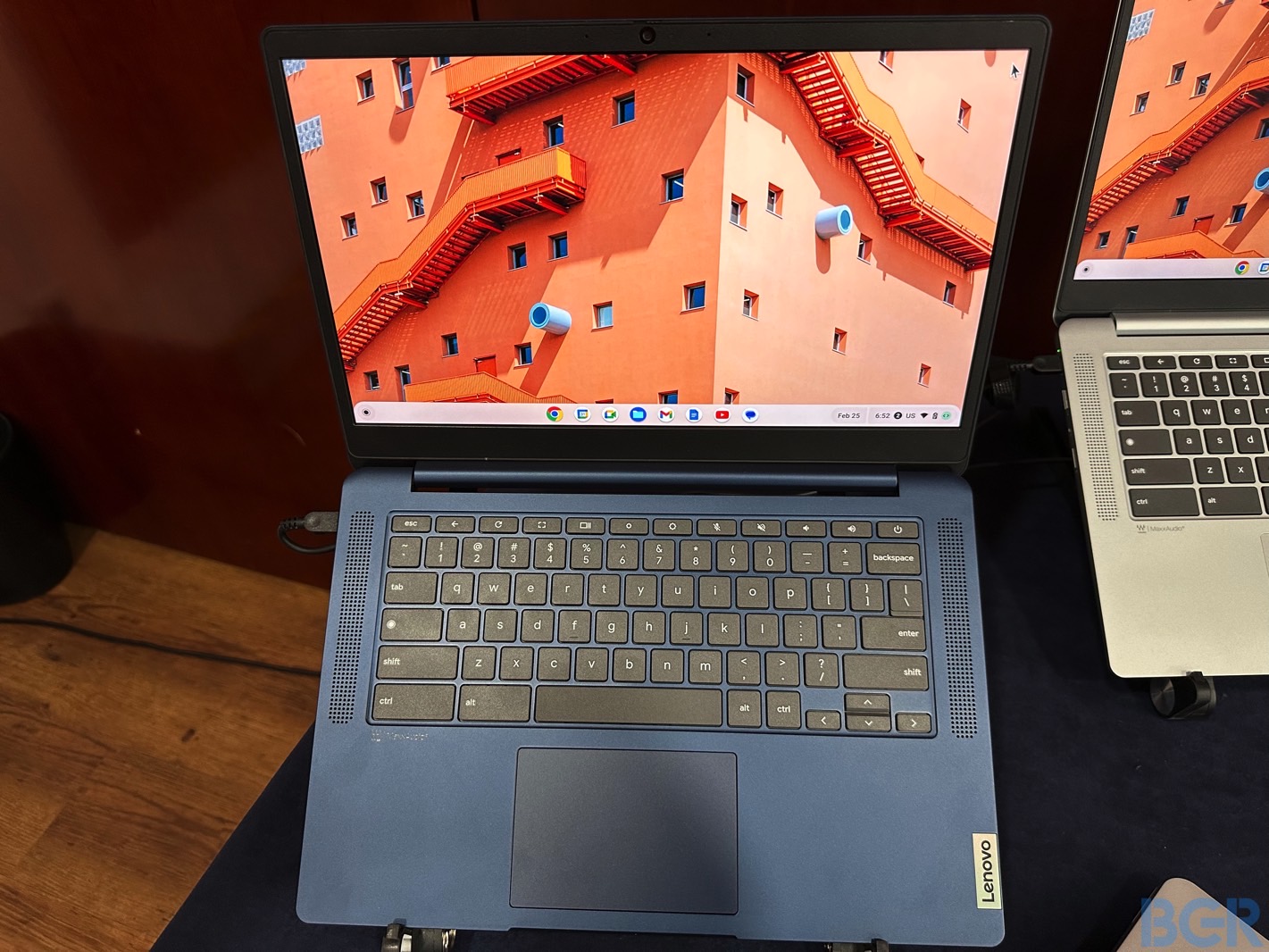Rumors that Google is working on Chromebooks have been spiraling for years at this point. In 2022, we were really close to gaming Chromebooks becoming a thing, as Google was rumored to be working with Nvidia to create a Chromebook with the power of a next-gen RTX graphics card inside. All those rumors have come crashing down, though, and honestly, it might be for the best.
The idea of a gaming Chromebook might sound fine on paper, but ultimately these machines would probably cause many problems for the users that were talked into buying them. That’s because Google currently utilizes virtual machines (VM) to run many of its apps, and anytime VMs are used, you will be looking at chances for possible performance losses. Sure, it can work fine enough, but it wouldn’t be anywhere near as good as running the apps outside of a VM.
Performance is a huge part of gaming, especially on a computer, and one of the big key points of a Chromebook is to offer a very lightweight computer experience that has everything you need to go online without requiring you to put up with a ton of bulk. This is why it was interesting to me to hear that Google wanted to make gaming Chromebooks somehow because, to be honest, there just isn’t enough bulk on these laptops to make offering higher-end graphics cards even worthwhile.

Why’s that? Well, for starters, higher-end graphics cards generate more heat, which means you’re going to need to see thicker and more advanced cooling systems involved. We have seen some laptop manufacturers work around this, like Apple and its MacBook Air, which doesn’t have any loud fan systems, but still distributes and handles its heat well.
The problem here, though, is that Google has struggled on the hardware side of things a lot more than Apple has. In fact, I can’t think of a single Google-branded Chromebook that has outperformed any of the third-party options from companies like Asus and Samsung. As such, you’d be gambling not only on Google’s success in making virtual machines on its hardware run great but also on Google getting the cooling process correct while still keeping the machine really compact and easy to handle.
Ultimately, though, Google will probably still make a gaming Chromebook at some point down the line. So, while it won’t be happening anytime soon, the death of gaming Chromebooks right now really just isn’t that big of a deal. Plenty of other companies are doing things better for the Linux community, like Valve, whose Steam Deck continues to offer one of the best alternative ways to play PC games without investing in a PC.








